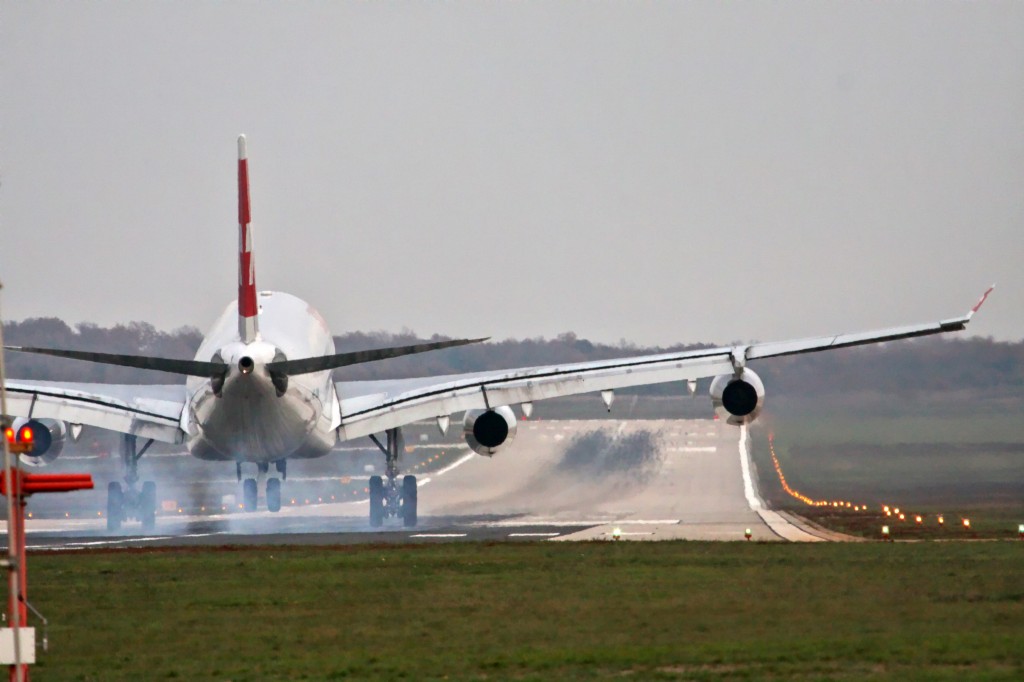The majority of Aviation “Incidents” occur in and around the airport environment. We all accept that the airport is a busy and dynamic environment. With future trends showing continuously growing traffic volumes, together with forecasts of increased growth into the next decades we will see without doubt pressure the airport to continue to deliver safety across the business.
A significant challenge is created by the many stakeholders who are required to integrate into a unified SMS process. The Strategy we adopt within the organization sets the tone for how effective the process will ultimately be.
EASA has issued requirements focused on the effective development of an Aerodrome, EASA Compliant Safety Management System. Reference to 2014-012-R-Annex to ED Decision 2014-012-R.pdf Acceptable Means of Compliance (AMC) and Guidance Material (GM) to Authority, Organisation and Operations Requirements for Aerodromes Initial Issue 27 February 2014 .
If we view regulatory compliance as a minimum level, the organization has significant opportunities to develop effective strategies which will not only drive safety behaviours but can lead to significant optimizations across the business.
Developing an effective process within the “extended” organization. Such a process enabled with an integrated ability to perform Hazard Identification will serve to identify exposure to risk as felt by the entire business.
A fundamental tenant of an effective Airport wide Safety Management System SMS will allow us to , carry out analysis to assess risk in a meaningful way, and to develop a response which delivers appropriate mitigations.
Many airports attest to gaps in a number of SMS related areas for example : weakness or absence in the SMS policy statement, effective management and delivery of SMS training specific to job function and business area, Management and implementation of effective non-punitive reporting systems.
Many airports share difficulties experienced in managing the SMS implementation plan, developing effective documentation and delivering both approval and follow-up of mitigations by senior management
Challenges were found in the management process to integrate SMS program into overall airport operations, promotion of safety awareness, and the ability to document and internally market lessons learned.
Additional challenges were found in the development of the airport risk management program, together with compliance auditing of the SMS program.
Sofema Aviation Services provides training and guidance to support you through the initial analysis, implementation and training phases of your SMS program. Based in Sofia Bulgaria, Sofema Aviation Services is a professional, airline, MRO and ground operations, support, consulting and training company. Benefiting from a broad industry experience, our primary focus is on Quality.
For additional information please see www.sassofia.com or email office@sassofia.com





